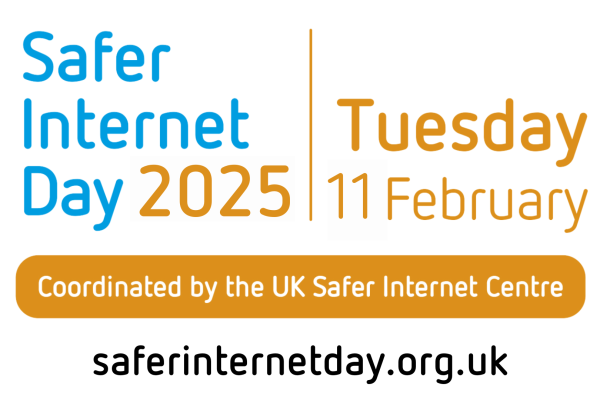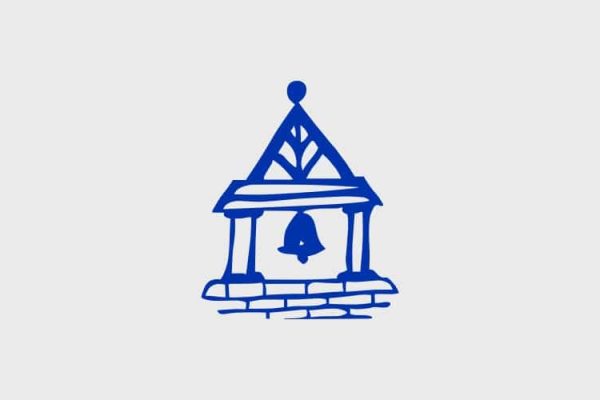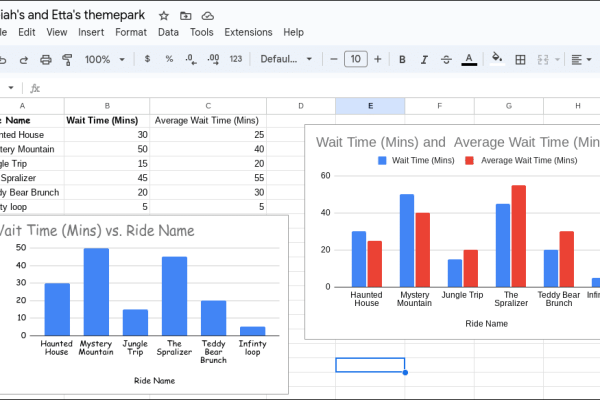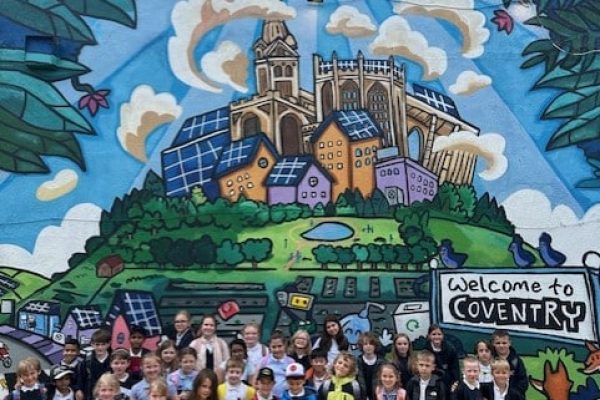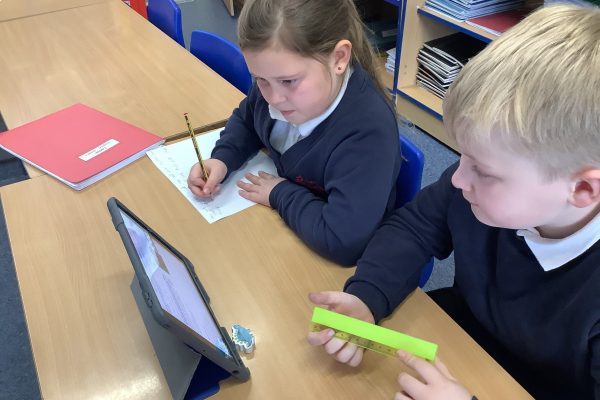Computing.
When you learn computing, you’re thinking about thinking.
Computing at Lord Scudamore Academy is taught in a creative and inspiring curriculum in line with the new National Curriculum.
Computing skills are taught to the children through Computing lessons using our banks of iPads, Active Panels and other digital devices. Such technology is enabling our pupils to participate in an exciting, contemporary Computing curriculum, as well as allowing teachers to embed the use of technology as a learning tool across the curriculum.
Computer Science
(Computing, algorithms and programming) – Children learn how digital systems work and use this to create programs
Information Technology
Children are able to use, express themselves and develop their ideas through information and communication technology
Digital Literacy
Children use technology safely and keep themselves safe online (Take a look at how to keep safe online (link here to the Online Safety section of our website)
Following the disapplication of the QCA ICT Curriculum, our school has developed it’s own curriculum. This has been further developed to reflect the New computing Curriculum 2014. Our Computing Skills Ladder is based on the CAS Computing in Schools documentation and Herefordshire Computing Progression. Where possible we find creative cross-curricular links and embed the Computing skills ladder within our main topics.
